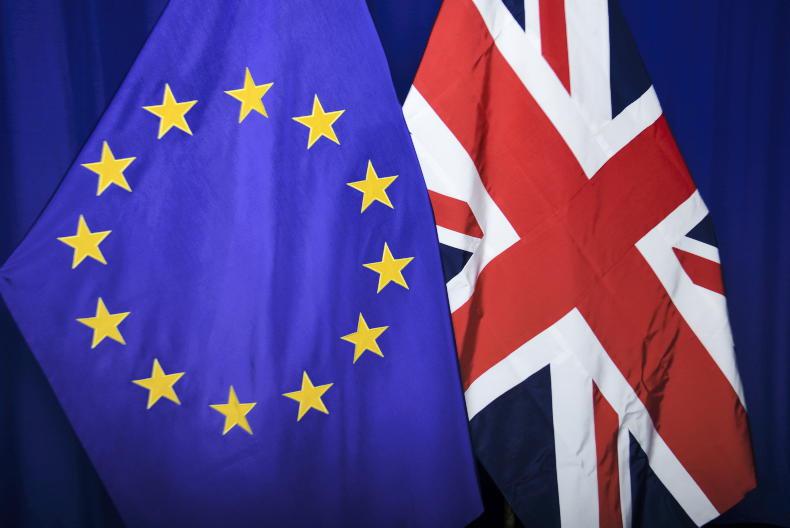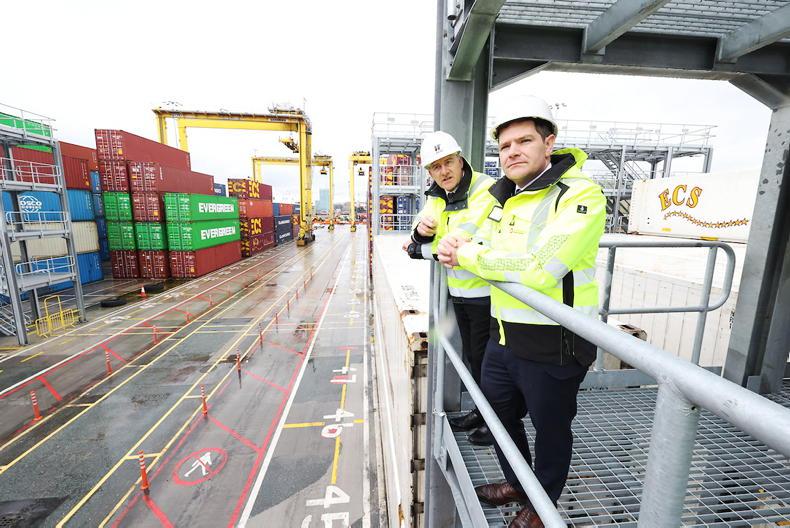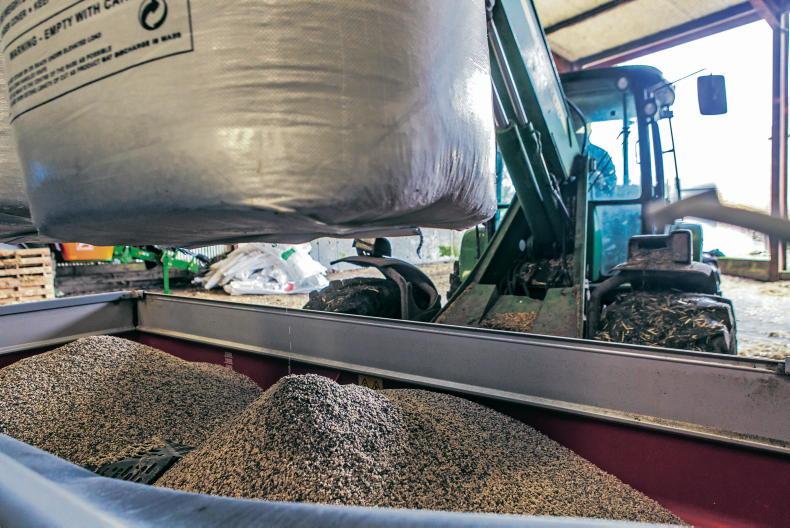An Economic and Social Research Institute (ESRI) report released this week suggests that UK exports of goods to the EU27 has fallen by 16% and EU exports to the UK have fallen by 20% compared with what they would have been without Brexit.
This average covers a wide variation between individual EU countries' trade with the UK.
For example, Irish imports from the UK have fallen by 40%, while there has been a negligible change in exports to the UK from Ireland.
Similarly, exports to the UK from France and Netherlands, two significant trading partners, have fallen by 27% and 29% respectively.
These findings are based on research conducted by ESRI using a combination of EU and UK data to estimate what trade would have been without Brexit compared with what it actually is at present.
Irish impact
It is clear from the study that Brexit has seriously disrupted Irish imports from the UK, but has had no effect on exports.
The fact that the EU has fully enforced border controls has no doubt had a negative impact here, as products of animal or plant origin entering the EU have full border controls enforced since the day after the UK left the single market.
This makes importing these more administratively difficult and in some examples of processed meat are not allowed at all.
On the other hand, the UK has, on several occasions, postponed the introduction of border controls on goods entering the UK from the EU.
This has enabled trade even for goods from animal and plant origin to continue as before without any disruption.
Future trading relationship
Given the ongoing political turmoil in the UK, it is difficult to assess the future direction of policy with regards to EU relations.
There appears to be a more positive vibe in relation to finding a mutually acceptable compromise in operating the protocol designed to accommodate trade post-Brexit on the island of Ireland.
For farmers either side of the Irish border, a solution to this is absolutely essential
However, this remains complicated by political division in Northern Ireland and the likelihood of new elections.
For farmers either side of the Irish border, a solution to this is absolutely essential.
The presentation by the Anderson Centre to last week’s Irish Farmers Journal conference in Cookstown illustrated just how integrated trade in agri food products is on the island of Ireland, moving between jurisdictions.
This has become even more so according to the first year of data post-Brexit.
Enabling this to continue, as well as maintaining trade between the island of Ireland and Britain with minimum disruption, has to be the guiding star for negotiators.









SHARING OPTIONS